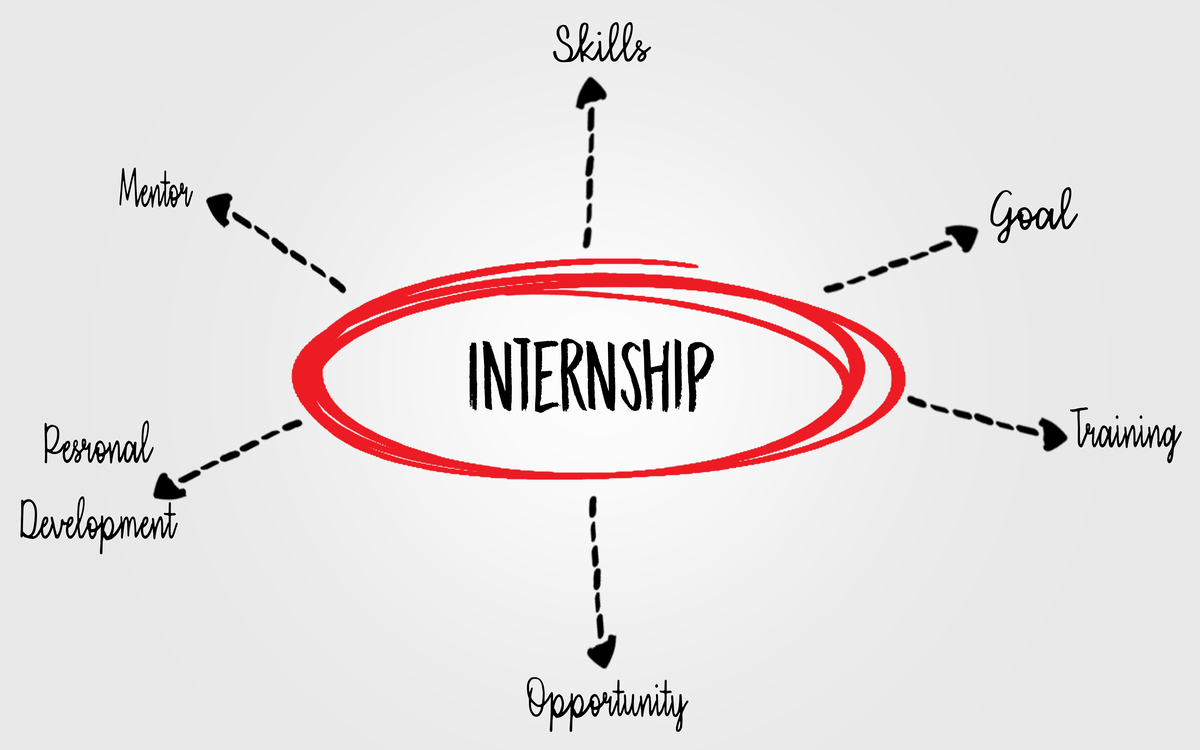Accounting's Delicate Balance: Optimism vs. Pessimism in Life and Career
As an undergraduate student studying accounting, I've come to appreciate the delicate balance between optimism and pessimism that's necessary in the field. The going-concern assumption, which assumes a business will continue operating in the foreseeable future, embodies optimism about its future. However, the prudence principle, requiring caution in the face of uncertainty and potential losses, embodies pessimism. This coexistence is crucial in accounting, allowing for a balanced and accurate representation of a company's financial situation.
In our everyday lives, we often face similar choices between optimism and pessimism. Whether it be in our personal relationships, career choices, or financial decisions, we must navigate the delicate balance between hope for the future and caution in the face of uncertainty. This balance is crucial for making sound decisions that will benefit us in the long run.
In my future life, I believe the influence of this delicate balance will be significant. As I enter the workforce and make important financial decisions, I'll need to balance optimism about my future earning potential with the prudence to save and invest wisely. Similarly, in my personal relationships, I'll need to balance hope for the future with caution in choosing whom to trust and rely on.
Ultimately, the delicate balance between optimism and pessimism necessary in accounting is a skill that can be applied to all areas of life. It requires a thoughtful approach to decision-making, a willingness to embrace uncertainty, and a commitment to finding the right balance between hope and caution. As I continue my studies and prepare for my future, I'm grateful for the lessons that accounting has taught me about this important balance.

原文地址: https://www.cveoy.top/t/topic/mNi2 著作权归作者所有。请勿转载和采集!